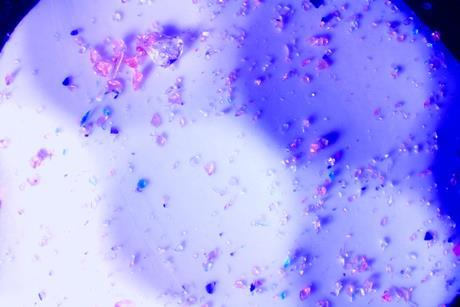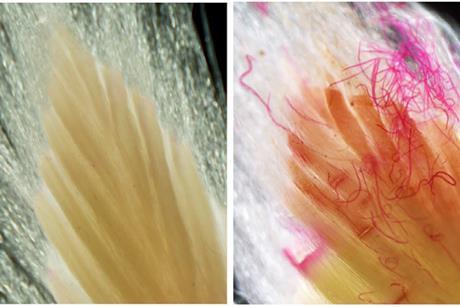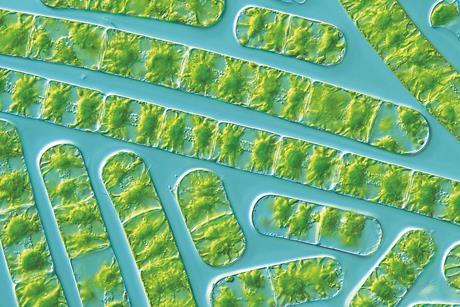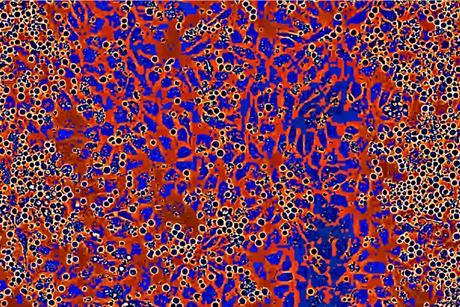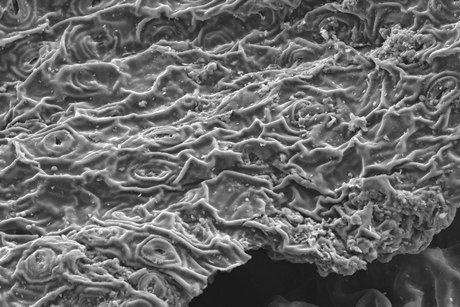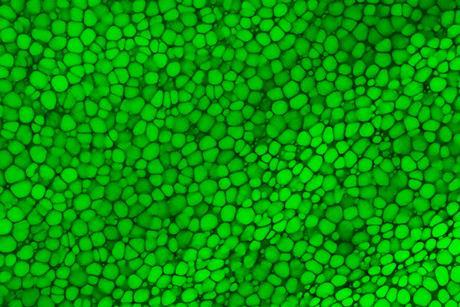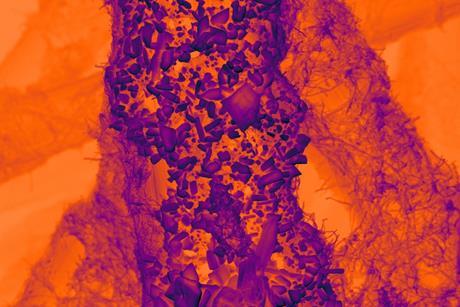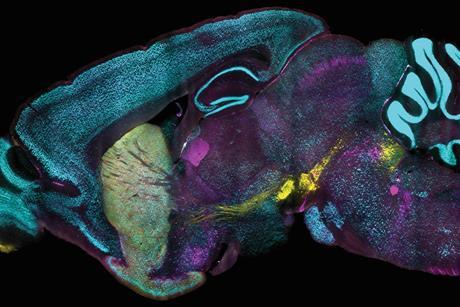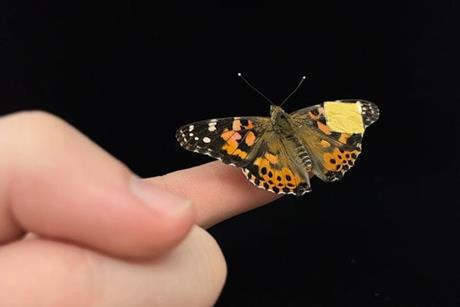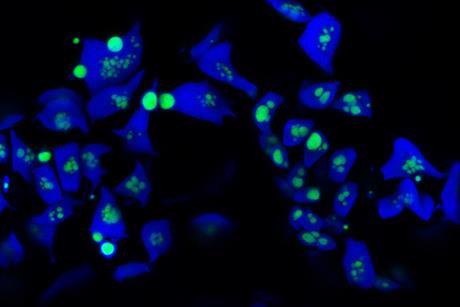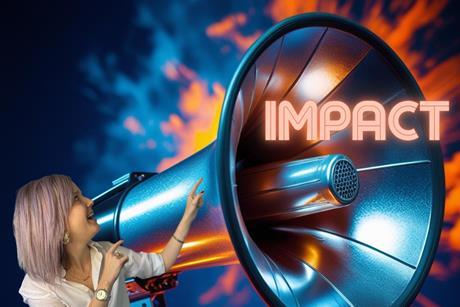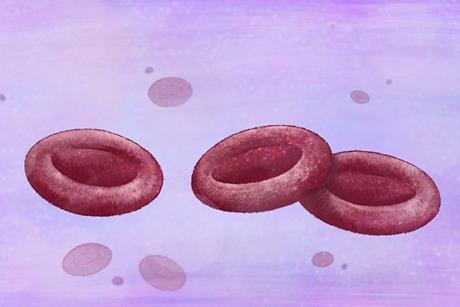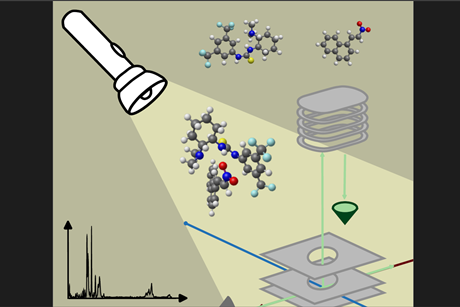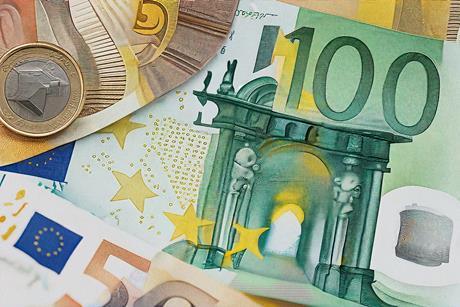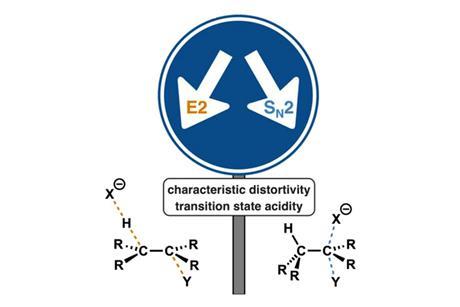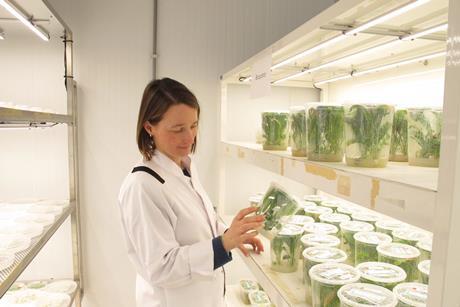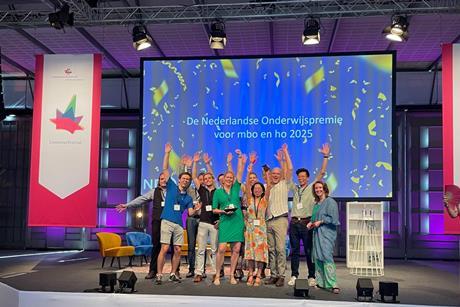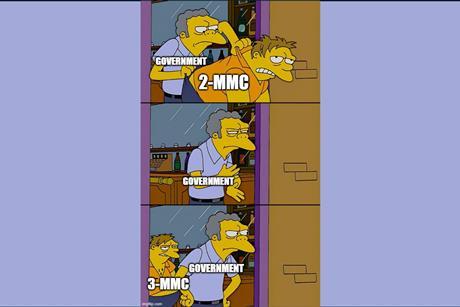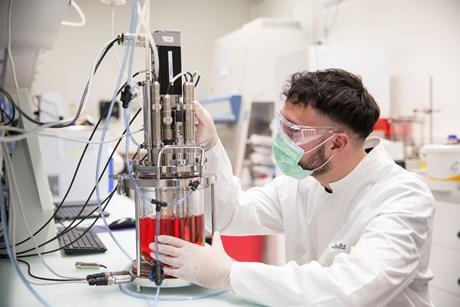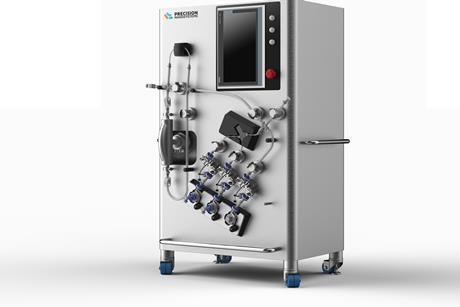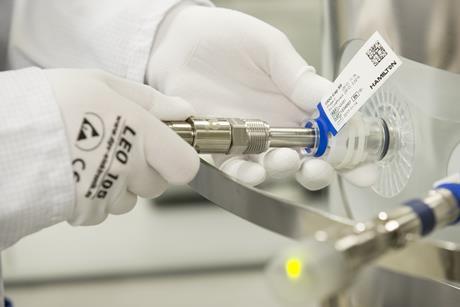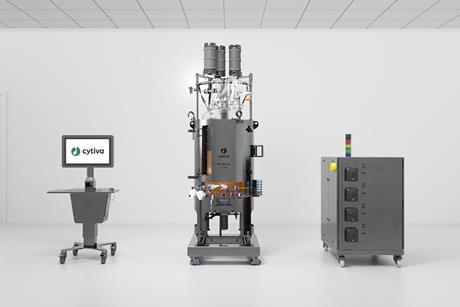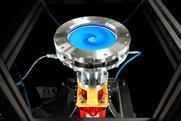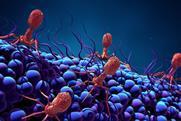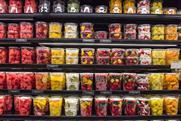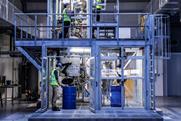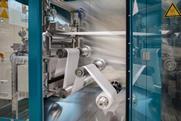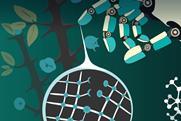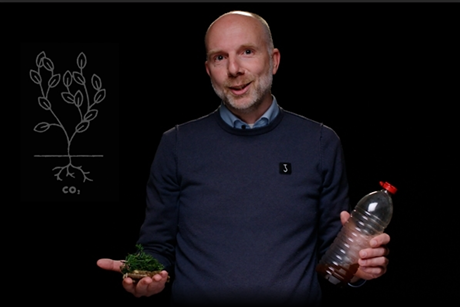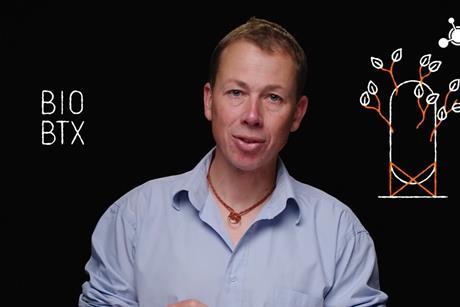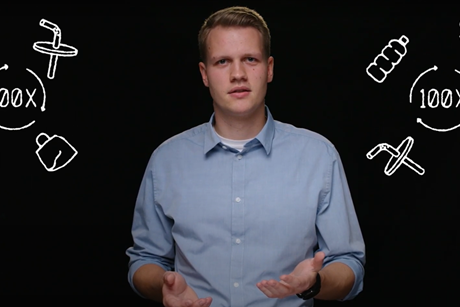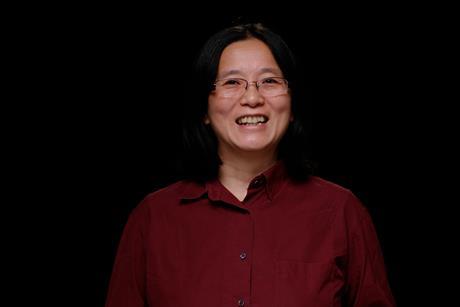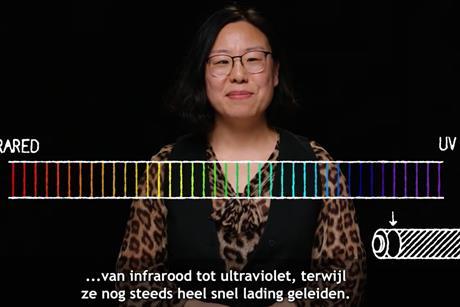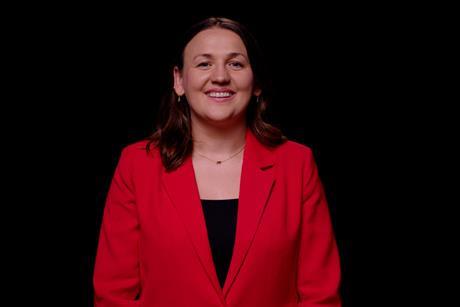The editors at C2W International are enjoying a Summer holiday for a few weeks. In the meantime, you can enjoy the beauty of chemistry with our Photo Chemistry articles.
Gripping the green
Nasty nematodes
Stress-resistant algae
Stem cell switch
S(tea)ping against metals
Protective bubbles
Tiny tin
Well marinated
Soft, lightweight and biocompatible
Turbocharger for photosynthesis
- Previous
- Next
Exploring Academia with Isabelle
Recalibrating your academic compass this summer
Science communication: your pathway to broader impact
When your PhD becomes your identity
Cutting language support is cutting the future of the Dutch research landscape
Is there a real-world gap in PhD training?
- Previous
- Next
Activating ‘reserve genes’ for gene therapy
Reactivated genes can compensate for other defective genes in hereditary blood disorders, Dutch researchers show in the journal Blood.
Catalyst-substrate couple in the spotlight
With the high-tech laser facility of HFML-FELIX, researchers succeeded in capturing a catalyst ‘in the act’ of catalysing a Michael addition, as they show in The Journal of Physical Chemistry Letters.
Open Competition ENW-M grants awarded
The ‘creative’ ENW-M grants have been awarded once again, this time to 21 researchers looking to develop scientific innovations and ‘risky’ ideas. Among the recipients are members of the KNCV and NVBMB, who are highlighted here.
SN2 vs. E2: Competition Clarified
For organic chemists (in training), the question of how to determine whether a chemical reaction follows the SN2 or E2 route is timeless. A group in Amsterdam summarized its 25 years of research in Chemistry: A European Journal, offering concrete, simple concepts to overcome this dilemma.
Podium: Katarina Cankar
Our members form the beating heart of our societies. Here, we regularly highlight one of them. This time, it’s NBV-member Katarina Cankar.
Systems thinking approach wins major education award
The CLEAR initiative at the University of Twente won the Dutch Education Award 2025. The jury was impressed by the systems thinking approach, which creates chemists that are well-suited for the challenges of tomorrow. So, what’s next?
How to: Precision Fermentation
In the Netherlands, big steps are already taken in terms of the protein transition and precision fermentation. However, education is needed to ensure these major developments can continue. The English courses offered by Wageningen University & Research are a good start. ‘Training people to lead the field is important.’
Opium Act
Sjoerd Rijpkema recognises the merits of amending the Opium Act, but believes that this is only one side of the coin.
Engineered sampling systems ensure perfect product protection
Developing a fit-for-purpose bioprocess film
Pioneering Sensor Technology Helps Solve Biopharma Challenges
Cytiva launches first formulation system to enable end-to-end clinical and commercial manufacturing of lipid nanoparticle medicines
HOF Freeze-Thaw Unit Pharma – Next Generation
Single-Use Technology in Biopharma: Advancing Process Efficiency with Hamilton’s Innovative Range of Single-Use Sensors
Increasing process efficiency with X-platform bioreactors by Cytiva
- Previous
- Next
Photo Chemistry
Gripping the green
Nasty nematodes
Stress-resistant algae
Stem cell switch
S(tea)ping against metals
Protective bubbles
Tiny tin
Well marinated
Soft, lightweight and biocompatible
Turbocharger for photosynthesis
- Previous
- Next


